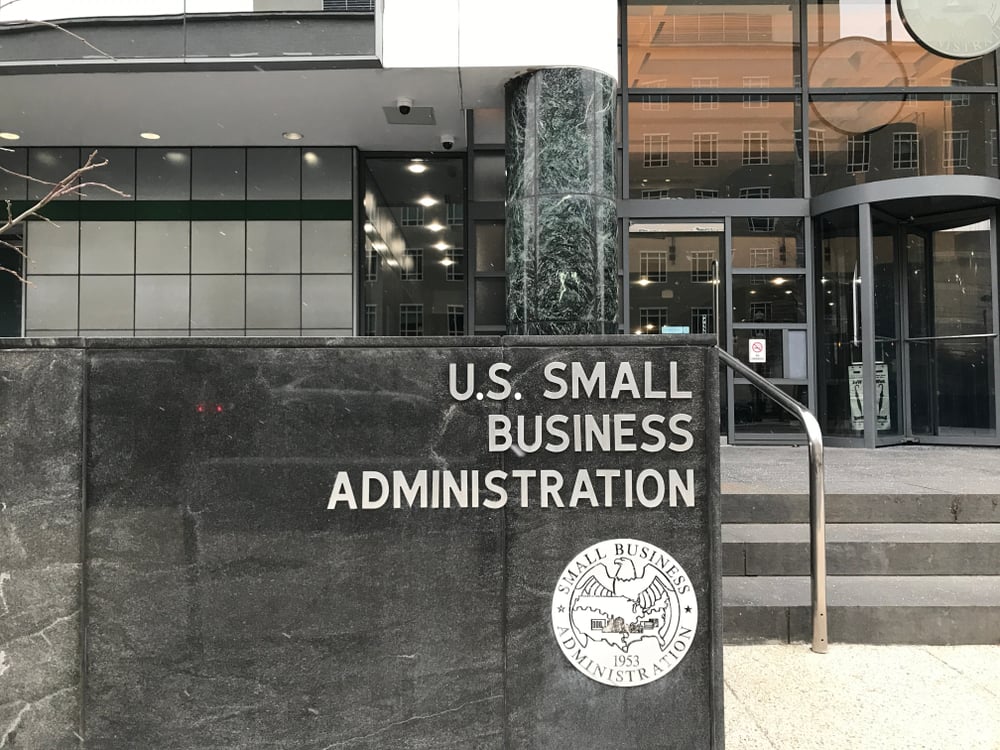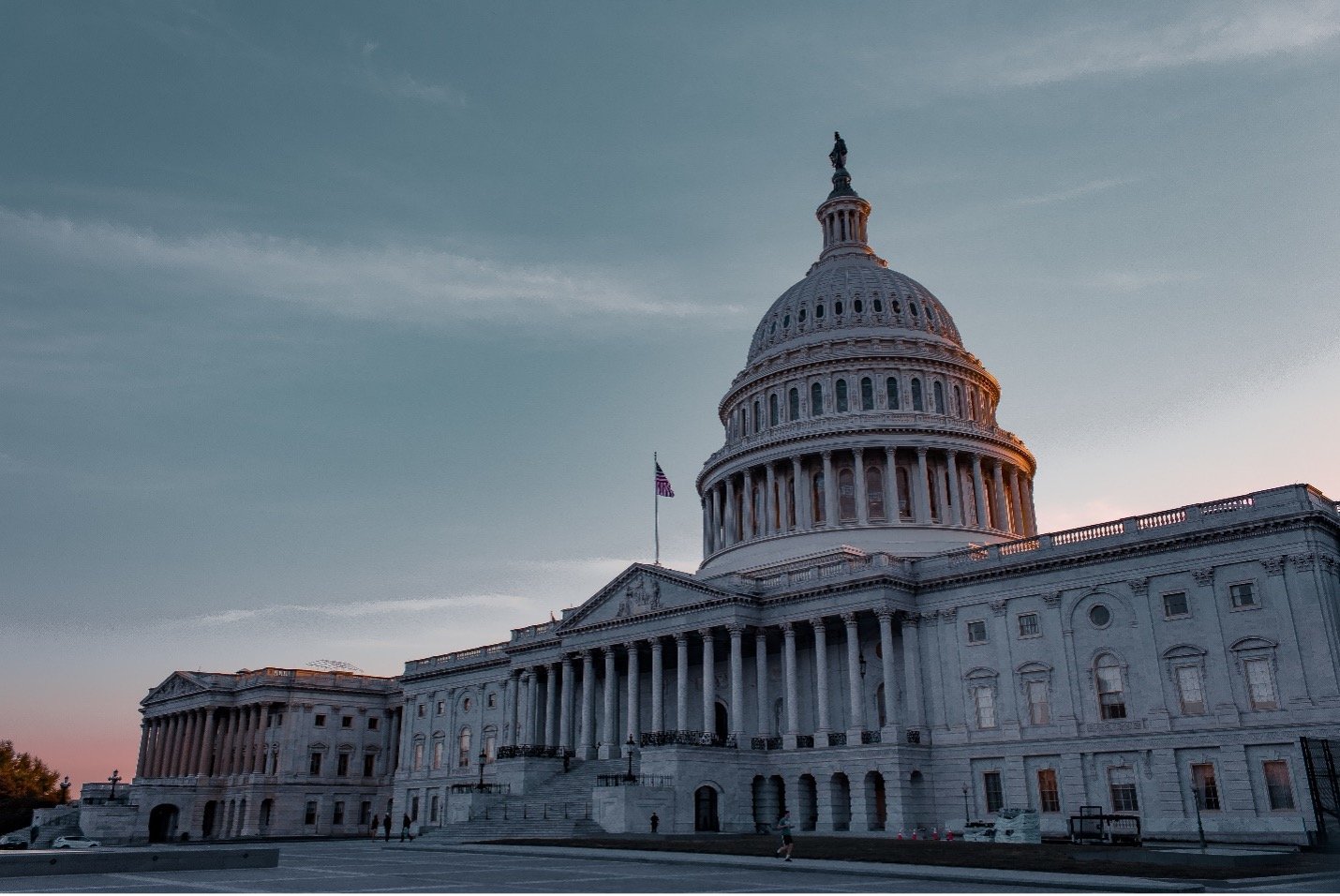SBA’s Full-Scale Audit of the 8(a) Program: Overview, Compliance & Preparation

Key Details: In June 2025, the U.S. Small Business Administration (SBA) announced an immediate, full-scale audit of its 8(a) Business Development Program in response to evidence of fraud and abuse. SBA Administrator Kelly Loeffler directed this comprehensive review after a Department of Justice (DOJ) investigation uncovered a years-long bribery scheme.
Government contractors participating in the 8(a) Business Development Program are encouraged to understand what this full-scale audit entails. To learn more about the 8(a) Program or to discuss our government contracting consulting services, contact Ryan & Wetmore today.
Background on the SBA 8(a) Business Development Program
The 8(a) BD Program is a federal contracting and training program that aims to promote economic growth for small businesses owned by socially and economically disadvantaged individuals. This is done through an advantageous limit to competition for small businesses through specific set-aside contracts for which these businesses can compete.
To participate in the program, businesses must meet the six basic qualifications outlined by the SBA below:
- Be a small business.
- Not have previously participated in the 8(a) BD Program.
- Be at least 51% owned and controlled by U.S. citizens who are socially and economically disadvantaged.
- Have a personal net worth of $850,000 or less, adjusted gross income of $400,000 or less, and assets totaling $6,500,000 or less.
- Demonstrate good character.
- Demonstrate the potential for success by having been in business for two years.
Each applicant undergoes a rigorous review by the SBA to ensure these criteria are met. Certification into 8(a) is a one-time, nine-year opportunity – participants enter a four-year developmental phase followed by a five-year transition phase. Continued participation requires annual recertification, during which the SBA verifies that the firm still meets the eligibility rules.
Details of the Full-Scale Audit
The SBA’s full-scale audit of the 8(a) Business Development Program is a sweeping and unprecedented review of federal small business contracting practices within the program. Announced on June 27, 2025, this audit represents a significant escalation in oversight aimed at uncovering fraud, bribery, and systemic vulnerabilities.
Administrator Loeffler has directed the SBA’s Office of General Contracting and Business Development to lead the audit. The review will cover a 15-year period of 8(a) contracting activity, examining awards across all federal agencies that have used 8(a) firms. Rather than random sampling, the SBA is taking a risk-based approach – in other words, the audit will prioritize contracts most likely to reveal problems. Specifically, it will focus on high-risk categories such as:
- High-dollar contracts
- Sole-source contracts and other awards that were not fully competitive
- Joint ventures and mentor-protege arrangements
- Program compliance over time
Because the audit looks back 15 years, it covers both current and past 8(a) participants. Even firms that have graduated or no longer participate could have their past contracts reviewed. This retrospective element means even completed contracts could be examined for irregularities. Given the extended look-back period, contractors should also reassess their document retention policies—particularly for older 8(a) records that may have surpassed standard retention periods but could now be relevant to the audit. The audit is collaborative: the SBA will work with other federal agencies that awarded contracts to 8(a) firms during the period. These agencies (such as DoD, USAID, etc.) will likely need to provide contract files and cooperate with SBA inquiries. By coordinating across government, the SBA can build a comprehensive picture of how the 8(a) program was used and potentially misused.
Firms caught in non-compliance may face suspension or termination from the 8(a) program, and even government-wide debarment (exclusion from future contracts). In practical terms, 8(a) contractors should expect that SBA auditors will review their historical submissions: eligibility applications, annual review documents, joint venture agreements, contract files, etc. Even if a company was fully compliant, preparing to demonstrate that compliance (with paperwork and evidence) will be important.
Action Items for Government Contractors
For companies participating in (or aspiring to join) the 8(a) Business Development Program, compliance has never been more critical. With the SBA’s intensified scrutiny, 8(a) firms must ensure they are meeting every requirement and maintaining the highest standards of honesty in their business dealings. Contractors are encouraged to review the below steps:
- Adhere to eligibility requirements continuously. Keep an eye on the owner's net worth, income, and asset thresholds.
- Maintain ownership and control by the disadvantaged individual. Changes in ownership structure or management must receive SBA approval.
- Avoid affiliation pitfalls. Check if there are cases where your 8(a) company might be considered as tied to another business in a way that jeopardizes your small business status or independence.
- Ensure compliance with joint venture and subcontracting rules. Ensure that agreements are approved by the SBA and that work split requirements are followed.
- Ensure your reporting is thorough and transparent. Misrepresentations can lead to penalties.
- Proactively disclosure changes to the SBA and maintain thorough documentation.
- Provide regular employee training to cultivate a culture of compliance and ethics.
- Review your internal controls and ensure there are processes for preventing and detecting any improper conduct.
- Prepare a comprehensive document package for each 8(a) contract you’ve performed. This includes proposals, contracts, subcontracts, joint venture agreements, performance reports, and correspondence.
- Conduct an internal audit of your 8(a) compliance now. Review all your records – corporate documents, financials, past submissions to SBA – to ensure they are accurate and complete.
- Review your governing documents (articles, operating agreements, bylaws) for any changes that need SBA approval or disclosure.
The SBA’s full-scale audit of the 8(a) Business Development Program marks a pivotal moment for small business contracting. It is both a corrective measure and a clarion call for higher standards. Companies in the program must treat this as an opportunity to reinforce best practices and shore up compliance.
For further information, contact Ryan & Wetmore today.
Today’s Thought Leaders

About Peter Ryan
Partner, Co-founder, & CPA
Peter T. Ryan co-founded Ryan & Wetmore in 1988 with business partner Michael J. Wetmore. Peter provides clients with the best strategies for success. His expertise extends across various industries. Peter holds an MBA in Finance from the University of Baltimore and a BA in Accounting from the Catholic University of America.

About Rosie Cheng
Finance Consultant
Rosie Cheng is a Finance Consultant at Ryan & Wetmore. She focuses on government contracting services and produces many of the firm’s government contracting newsletters. Rosie earned her Master of Science in Management from Georgetown University and a BBA from William and Mary.


